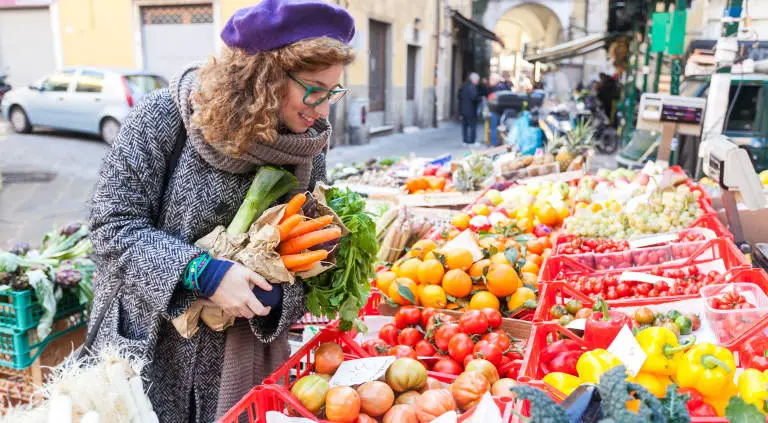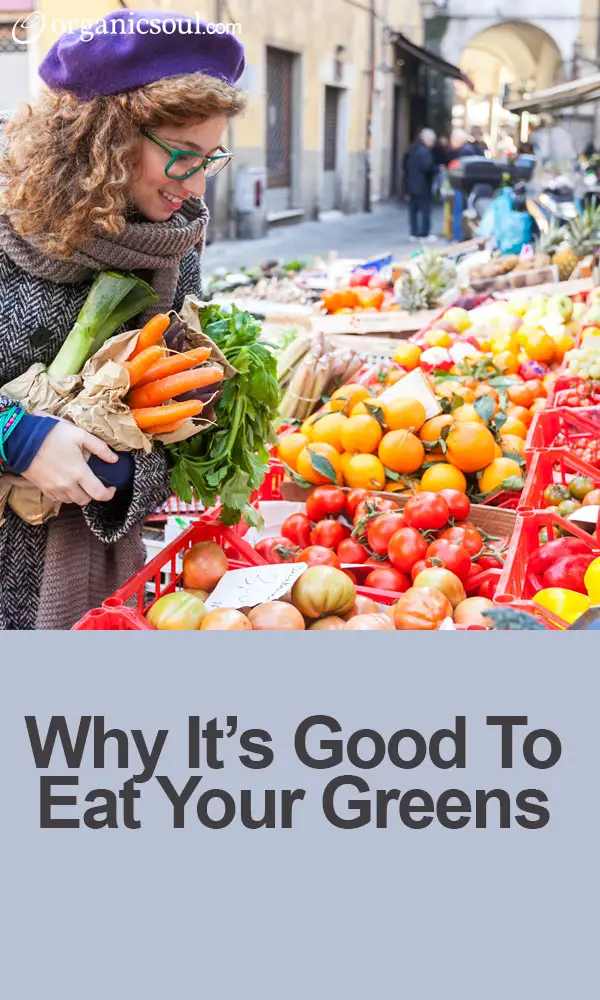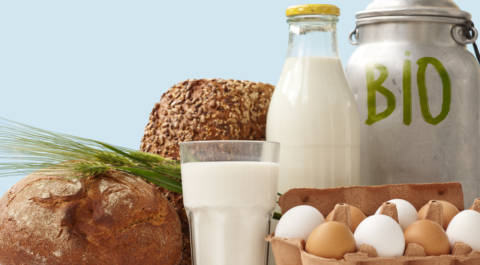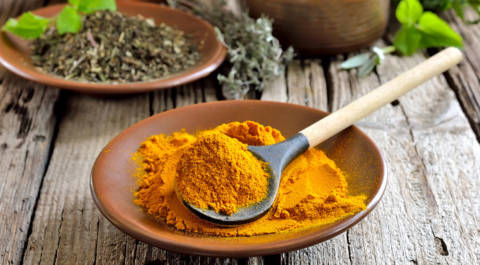
It’s as if every parent knows one cardinal rule: eat your veggies! Spinach, broccoli, carrots – you name it, you should be eating it. But to play the role of the questionable adolescent, I ask why? What’s the point? Can’t we just take supplements, or better yet, just eat the tasty ones?
Like Organic Soul on Facebook
Almost everyone needs to eat more veggies, and there’s no doubt about that. With the spike in obesity rates, exacerbation of poor lifestyle choices, and growing propensity for Americans to have some kind of preventable disease, it’s clear that the quick, easy, and greasy foods are winning a battle they should not – and the prize is the nation’s health.
However, simply saying fast food is bad and vegetables are good is a bit simplistic, even if it gets the point across quick.
Health Benefits
At their core, vegetables are made up of the stuff our bodies need. Vitamins, minerals, and fiber – the stuff that has let excellence spread so prolifically across the spectrum of species.
Eating a diet rich in vegetables helps defend against many cancers, type II diabetes, coronary heart disease, the development of kidney stones, bone loss, and high blood pressure. The possible side effects are, well, not much. You’ll feel better, have a healthier body, and be able to have the energy to go out and engage with the world. Vegetables aren’t some over-the-counter drug; they are the cure mother nature gave us.
So What About Organic Produce?
When talking about organic vegetables, the picture becomes fuzzy depending on which politically charged study you choose to follow, but there still are some agreeable conclusions. For one, organic produce has far less exposure to synthetic pesticides. Most of the time, the pesticides found on organic produce are the result of the breeze carrying them from the neighboring farm.
In addition to that, organic veggies are grown only as nature intended – that means no GMO. While the science is still out on this one, many health foodists and even FDA scientists are wary of the implications. Part of the problem is something just mentioned – the science is still out on this.
Nevertheless, if you can’t get your hands on organic (or if you can’t grow your own), picking up vegetables – GMO or not – will be better than not picking up vegetables at all.
Making Them Tasty
One challenge, perhaps, is that fact that fast food just tastes so darn good. Sweet, salty, crunchy, soft – all wrapped up it one. A carrot, is well, a carrot. So how do we make them tasty?
Presentation
Be sure to present the vegetables in a way that isn’t overwhelming. No child – or person, for that matter- wants to feel burdened with eating. It’s a very unnatural feeling and what I think leads to some of the stigma against veggies.
Accompaniment
When serving vegetables, keep in mind the taste and consistency and try to compliment it with foods that bring out the veggie’s best qualities. For example, if you’re having something mushy – say, mac and cheese – use a vegetable that contrasts with the consistency – say, crunchy asparagus, but not steamed zucchini. Make an appealing choice available to the eater, and the eater will be more inclined to eat those veggies.
Preparation
Careful with how the vegetables are prepared. Some veggies just get too mushy when boiled or steamed. Others are so delicate that you have to take special care when preparing them. Get a good vegetable cook book or check out some Organic Soul recipes for tips on the best ways to prepare your vegetables. For me, special dishes like eggplant lightly pan fried in olive oil, with a dash of salt and pepper, can’t be beat by any chip and dip out there.
Considering A Vegetarian Diet?
Liking what you hear? You may want to consider a vegetarian – or even vegan – diet. Here are a quick few reasons why to go vegetarian:
- Most restaurants accommodate vegetarian diets, so it’s easy to make the switch.
- You’ll help prevent many of the disease mentioned above, and you’ll feel great doing it.
- It’s easy to make up for the protein and other nutrients you usually get from meats.
- It helps reduce the need for cattle, an industry known to be riddled with unsustainability.
- Most often, it is accompanied by other healthy lifestyle changes like more exercise.












